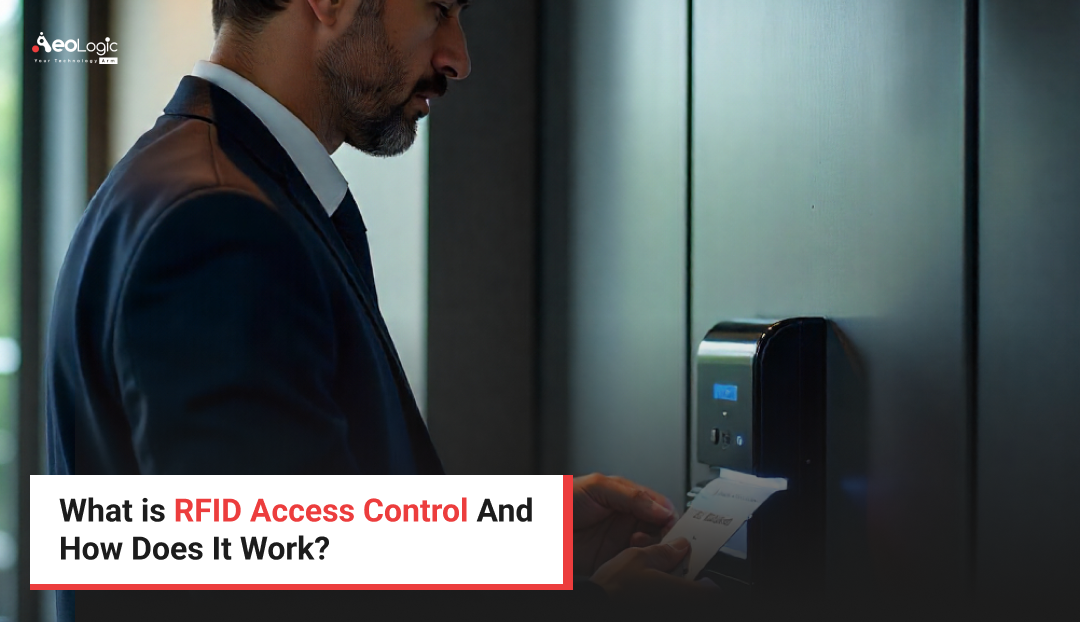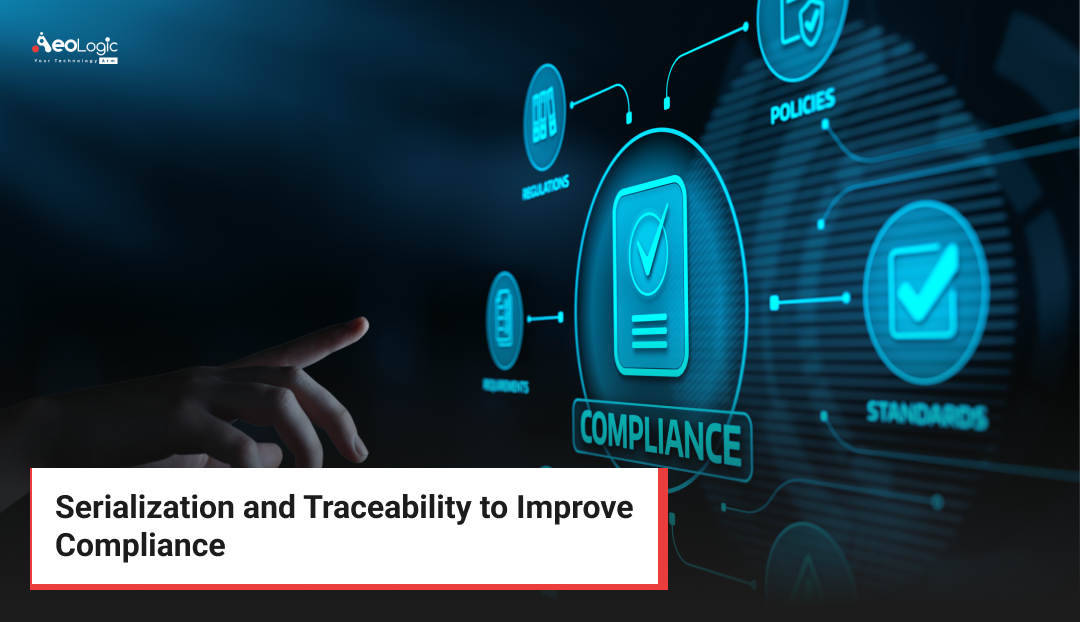Managing a library is a big task in itself, as it contains a lot of books, and it is crucial to maintain every book. There can be various issues like readers leaving books unorganized, stealing, searching for books, counting, inventory issues, etc., which can affect the whole industry.
The library market size has grown steadily in recent years. It will grow from $76.99 billion in 2023 to $80.58 billion in 2024 at a compound annual growth rate (CAGR) of 4.7%.
RFID-powered solutions can play an important role in enhancing library management. With RFID library management solutions, books are tagged with RFID book tags or labels, RFID readers are used, and specialized software is used to make book transactions easier. This facilitates the effective use of radio wave frequency to identify many tagged books. With the integration with other technologies like IoT solutions, real-time tracking and tracing books with proper data can be obtained, and this could be an incredible factor.
Related Statistics
The RFID market size is estimated at USD 14.98 billion in 2024 and is expected to reach USD 26.01 billion by 2029, growing at a CAGR of 11.68% during the forecast period (2024-2029). The global RFID market size for library management systems was valued at USD million in 2023. The global RFID market is expected to grow from USD 14.11 billion in 2023 to USD 37.71 billion by 2032.
So, we have seen the introduction, which includes some important stats that prove every statement. As we move forward, we will see other details like benefits, challenges, etc., and finally, we will sum up the whole discussion in a concluding paragraph.
What are Library RFID Solutions for Efficient Book Management?
RFID, or radio frequency identification technology, is generally used with tags that can scan to get information, trace and track products, count products, etc. Where an efficient book management system, also known as a library management system (LMS) or integrated library system (ILS), can help libraries operate more efficiently and at reduced costs. The RFID power library solutions can provide various benefits for efficient book management, such as simplifying the purchasing, cataloging, and monitoring of books to guarantee a well-structured and accessible collection.
Also Read: Benefit Analysis of RFID Library Solutions
How Library RFID Solutions Works
![]()
RFID consists of two components: a tag and an electrical reader. Information about an item is encoded on a tag attached to the object, and the electronic reader retrieves the information and sends it to the library administration software, which processes items and loans.
A microchip, as well as an antenna, are included in the tag. RFID tags do not hold any personal information; instead, they contain information about the item that allows it to be borrowed and returned.
RFID tags are passive, which means they have no batteries or other power source and only activate when in close contact to an electronic reader (such as security gates or self-checkout scanners).
It can help secure library resources from theft or unintended loss while also allowing library staff to track individual objects at all stages of their circulation lifecycles. RFID, like most technologies, has evolved over time and is now far more affordable than it was when it first appeared. Tags now cost about twelve cents each. RFID technology provides a quick and long-term return on investment, and the savings can be used to fund other library needs.
RFID Technology in Libraries vs Traditional Methods
| Aspect | RFID Technology in Libraries | Traditional Methods |
|---|---|---|
| Efficiency | Speeds up check-in/out processes with automated scans. | Manual scanning or stamping is time-consuming. |
| Inventory Management | Allows quick, real-time tracking of books. | Requires manual counting and recording. |
| Theft Prevention | Alerts staff if unauthorized removal is detected. | Relies on basic security gates or barcodes. |
| User Experience | Offers self-service kiosks for seamless transactions. | Users rely on staff for most services. |
| Cost | Higher initial setup cost but reduces labor expenses. | Lower setup costs but higher ongoing staff requirements. |
| Durability | RFID tags last longer and are resistant to damage. | Barcodes can fade or wear out over time. |
| Data Storage | Stores detailed information on RFID tags. | Limited to barcode or manual entry data. |
| Adaptability | Integrates with modern library systems and IoT. | Limited to standalone software solutions. |
Also Read: Importance of RFID Technology in Library Management
Benefits of Library RFID Solutions for Efficient Book Management
Library RFID solutions can provide many benefits for efficient book management. Below are a few interesting and key benefits.
Reduce Book Theft
Many readers steal books, which could result in library loss. To avoid this issue, RFID library solutions can play an important role. The tags attached to books can help track them, and if any book crosses a certain area, the system will warn the management. This overall rescues book theft and enhances the security of library management for efficient book management.
Automated Issue and Return Process
The issuing of books and returns operation can be automated with the RFID. That is a great thing, as it reduces human labor with faster efficiency. The tags can be scanned automatically at the self-intervention center, and the same could be done while returning the book. The RFID library solutions powered by automation can also provide the right location where books were placed before.
Integration Benefits
RFID library solutions have the ability to integrate with other systems, like library management systems, that make every operation more enhanced. This allows seamless communication and collaboration inside the library and also provides centralized control for the whole library. Centralization enables more control over the whole library, which results in efficient book management.
Inventory Management with Analytics
Sometimes there could be a situation where a book is present in limited amounts and users need more to issue. This results in not providing that book for each and every user, which makes them disappointed. But with the RFID library solutions, it is possible to get the data about inventory that the book is about to end. This enables us to restock the specific book that enhances inventory management and user experience too.
RFID Cards
The manual entering of data of users and readers generally involves writing on a register is a time-consuming process and also has chances of listing of data. But with the RFID library solutions, RFID cards can be generated for users that provide information about the users in just a scan. This increases operational efficiency and also saves a lot of time for the staff.
Challenges with Library RFID Solutions
Now we are going to see some challenges with library RFID solutions while implementing efficient book management. Here are a few challenges mentioned below.
- A short range of tags can be an issue, as tags range generally only 2 feet, which sometimes makes it hard to scan it in crowded conditions.
- The irony and challenge is that the RFID-powered solutions save time, but manual tagging of each book is a time-consuming process too.
- Damaged books can’t be scanned properly, and that results in inaccurate data. So this could be a challenging thing too, to keep every book in perfect manner.
Also Read: The Best Asset Tracking Solutions for Education and Schools
Final Words
RFID technology is a great technology with great benefits, as we have seen earlier. For the efficient management of books in a library, RFID library solutions by Aeologic can play important roles as they can fasten the process of check-in and returns, provide accurate and faster data input, reduce manual workload, enable self-shelving, enhance security, etc. There are challenges too, such as cost, condition of books, range, durability, and reliability of tags, etc., that could be negligible in front of benefits. Libraries can get efficient book management operations with fully leveraged RFID to create smarter, more efficient, and user-friendly spaces.
Also read: Innovative RFID Solutions for Accurate Asset Tracking and Management

I’m Deepika Pandey, an SEO strategist and content writer with 6+ years of experience. I create SEO-friendly content that drives traffic and engages readers. I combine data insights with creativity to help businesses grow their online presence effectively.







